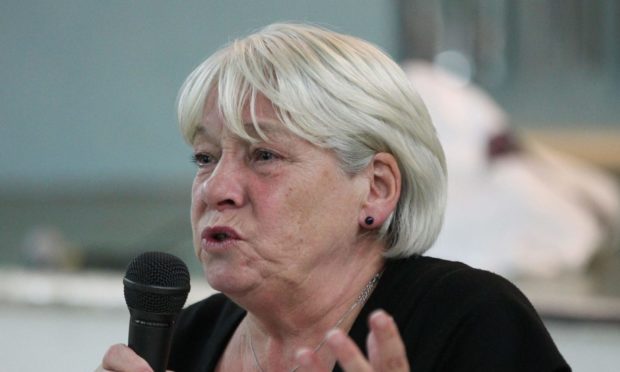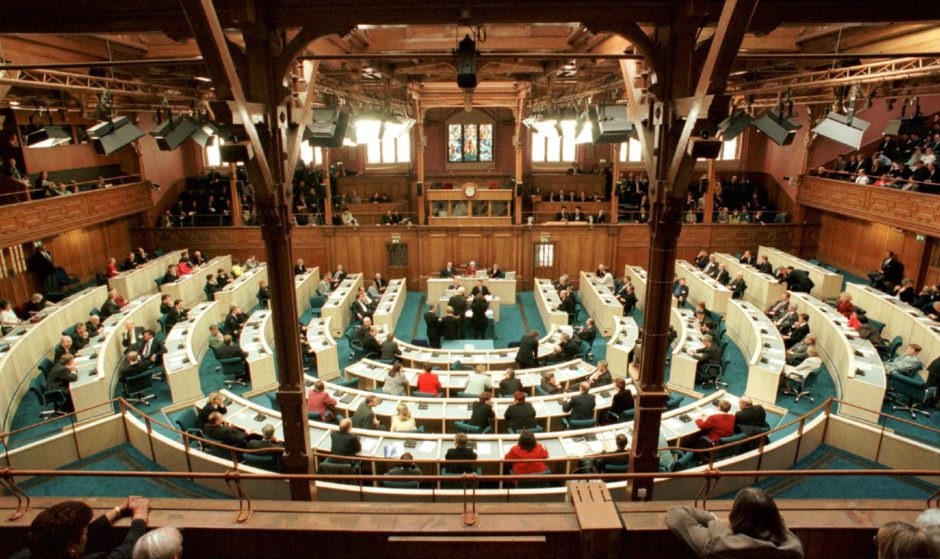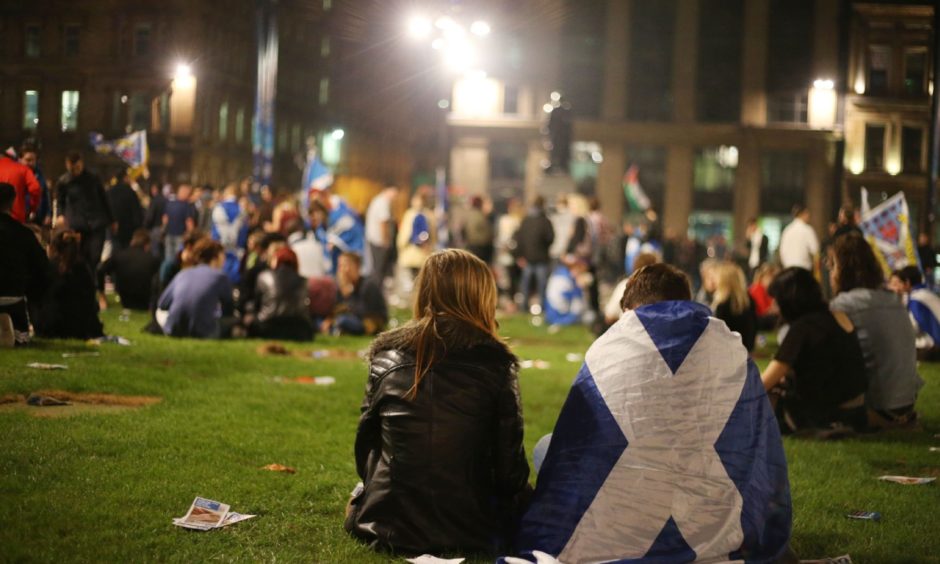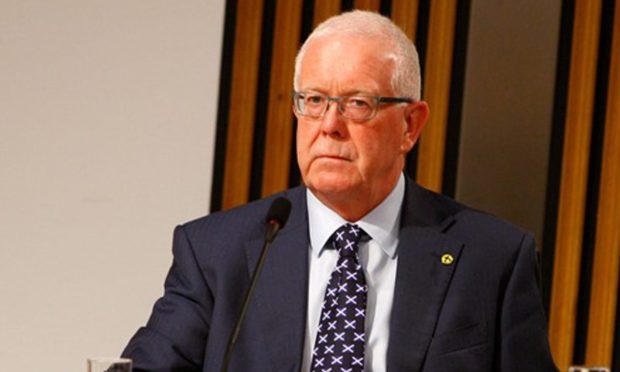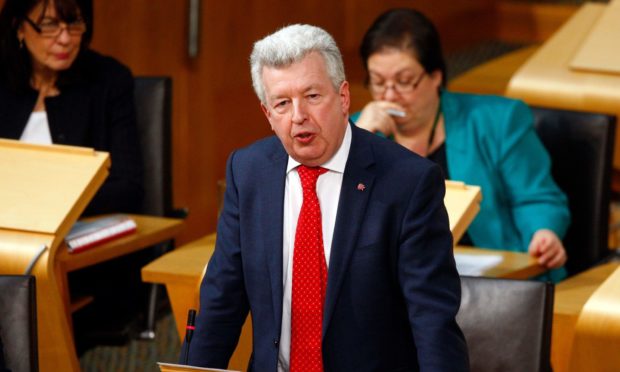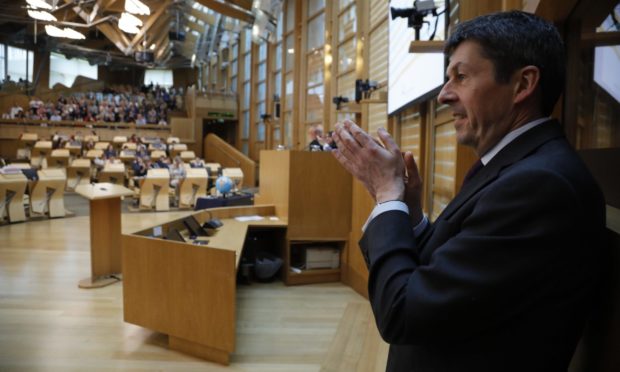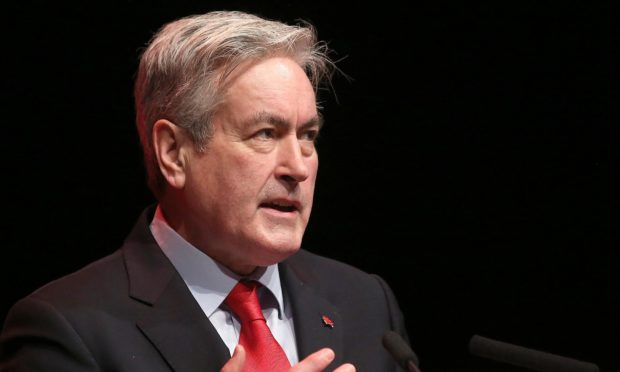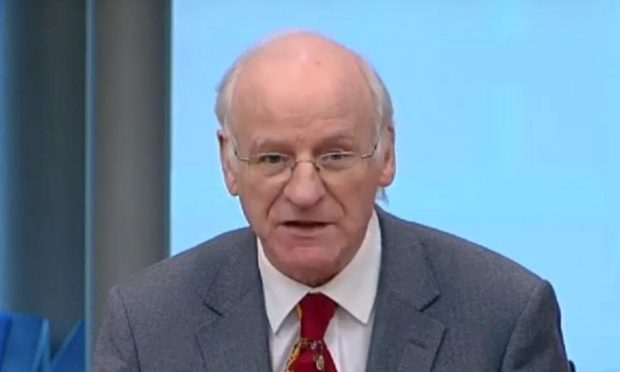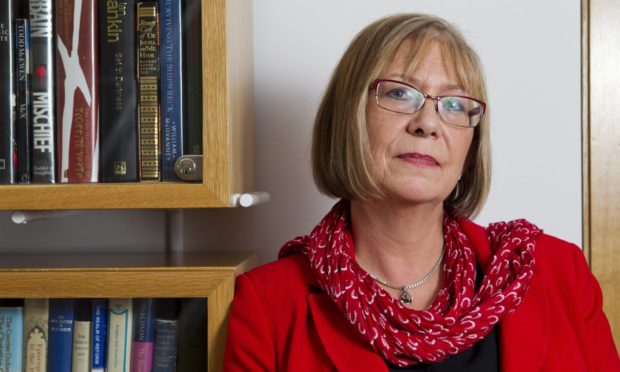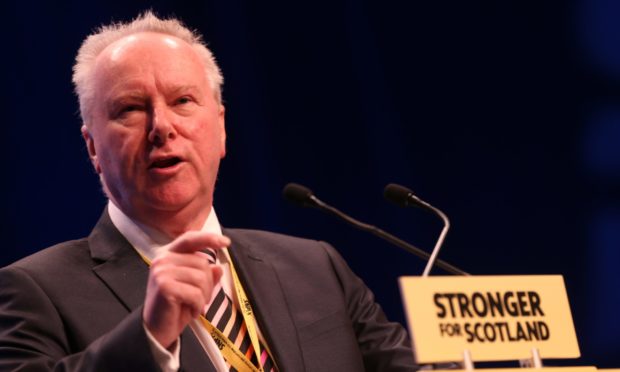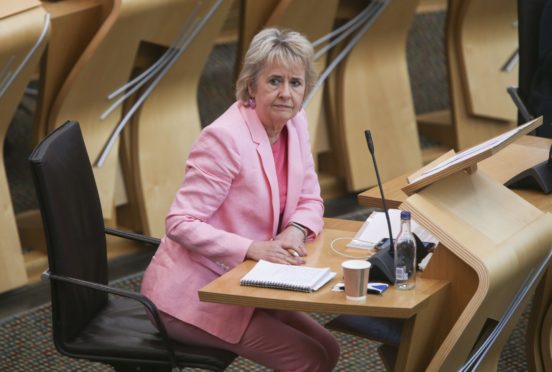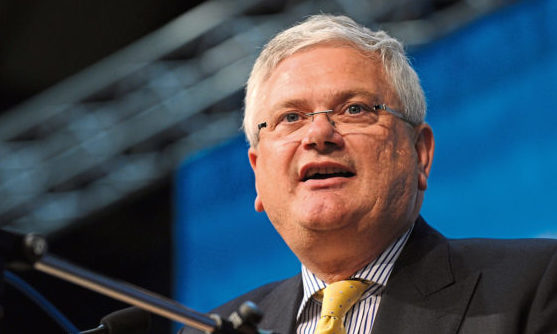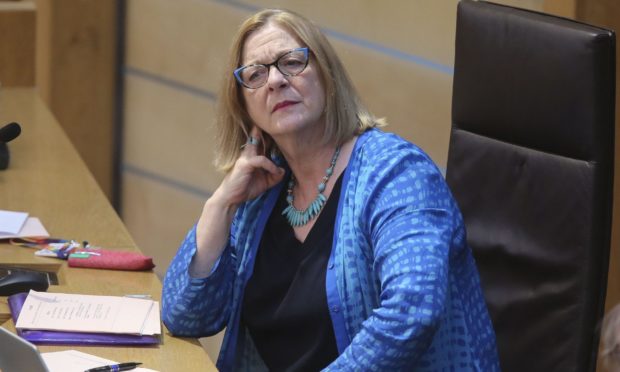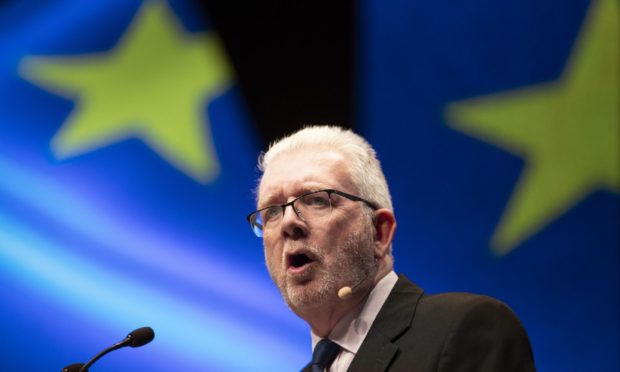The Scottish Parliament has reached a “political impasse” in recent years with parties less willing to reach across the divide, says veteran SNP MSP Sandra White.
The member for Glasgow Kelvin, who will retire from the Scottish Parliament this year, after more than two decades as an MSP, said it has made her “rather sad” to see the parliament become more polarised over the last couple of years.
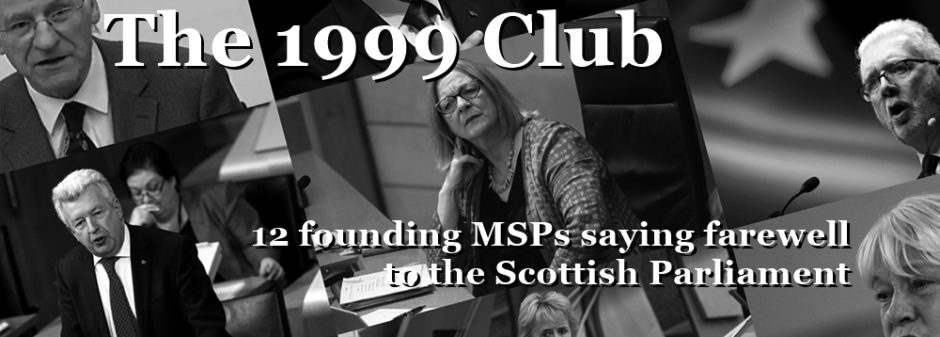
The politician, who has built up a reputation as a community activist, described it as a “difficult decision” not to stand next year, but feels now is the right time to “pass on the baton”.
With consistent polling in support for independence over the last year, Ms White claims the Covid-19 pandemic has brought into sharp focus the way in which Westminster operates and “opened people’s eyes”.
In line with the majority of her peers from the so-called 1999 club standing down next year, she suggests the growing divisiveness within parliament has been the biggest change she has personally witnessed over the last two decades.
Recalling the atmosphere in 1999, the SNP politician says MSPs were all on a “learning curve”.
She added: “People would talk more to each other from different parties. In the last couple of years it’s got more them and us, which is rather sad.
“The more the parliament has gone on, the less the opposition or the political parties have grown.
“That’s quite sad… there’s so much we all agree on but we’ve come to this political impasse.”
The MSP said there is an attitude that it “doesn’t matter what somebody says because they’re from another party, we’re not going to agree with them”.
She added: “It should have grown with people listening to each other, listening to the public and being more conducive to the ideas of various political parties.
“As things have gone on, possibly because of parliament getting more powers, independence, devolution… maybe that’s something to do with it becoming more entrenched.”
‘Mostly I was a community activist’
It was community activism that first led Ms White to develop an interest in politics, in a bid to improve the community in which she lived.
Living in Paisley with her young family she discovered there were no play schemes for her children to attend and, as a result, was motivated to create one of her own.
While it went from “strength to strength”, the council eventually pulled the funding, causing somebody to ask the mum-of-three whether she should become an elected representative.
After a decade as an SNP councillor in Renfrewshire, Ms White was elected to the Scottish Parliament on the Glasgow regional list in 1999.
Recalling the official opening of parliament, she said: “The atmosphere was wonderful.
“The streets down the Royal Mile were full of people. They were just so pleased to have a Scottish Parliament after all the years the people of Scotland had pushed for one.
“It was just wonderful; breathtaking, actually.”
Biography
Name: Sandra White
Age: 69
Party: SNP
Member: Glasgow Kelvin
Born: Glasgow
Education: Cardonald College, Glasgow
Career: Press officer of the William Wallace Society; councillor for Foxbar (Renfrewshire) for 10 years before being elected as an MSP
Political career: MSP for Glasgow region (1999-2011); MSO for Glasgow Kelvin (2011-present)
In the two decades since devolution, the political landscape in Scotland has been transformed, with the SNP dominating in recent elections and growing support for independence, according to consecutive polls over the last year.
The SNP politician believes the parliament still has “some way to go” but requires additional borrowing powers to be in a position where it can fulfil its full potential.
The Covid-19 pandemic has “opened people’s eyes” to the way in which Westminster operates and how it treats Scotland and the other devolved nations of Wales and Northern Ireland, the Glasgow Kelvin MSP claims.
She said: “People are starting to see just how undemocratic the United Kingdom is and I think it’s pushing it.”
On independence, Ms White says it’s “debateable” how long the Prime Minister will take to grant a section 30 order, which temporarily empowered the Scottish Parliament to hold the first independence referendum in 2014.
But she added Scotland has “crossed that chasm and we will never go back”.
The decision to stand down was “difficult”, the 69-year-old admits, but she feels it was the “right time” for her family, after spending 32 years in elected politics.
The MSP believes her strength lies in people and helping constituents is what she will miss the most about the career – rather than the political cut and thrust at Holyrood.
“I thought it was time to pass on the baton. I’ll still be there in the background, probably annoying people, but it doesn’t matter,” she said.
“I’ll have more freedom; no restraints put on me.
“It was a difficult decision. People become friends rather than constituents.
“I will miss that part of it but I’m not going to go away.”
